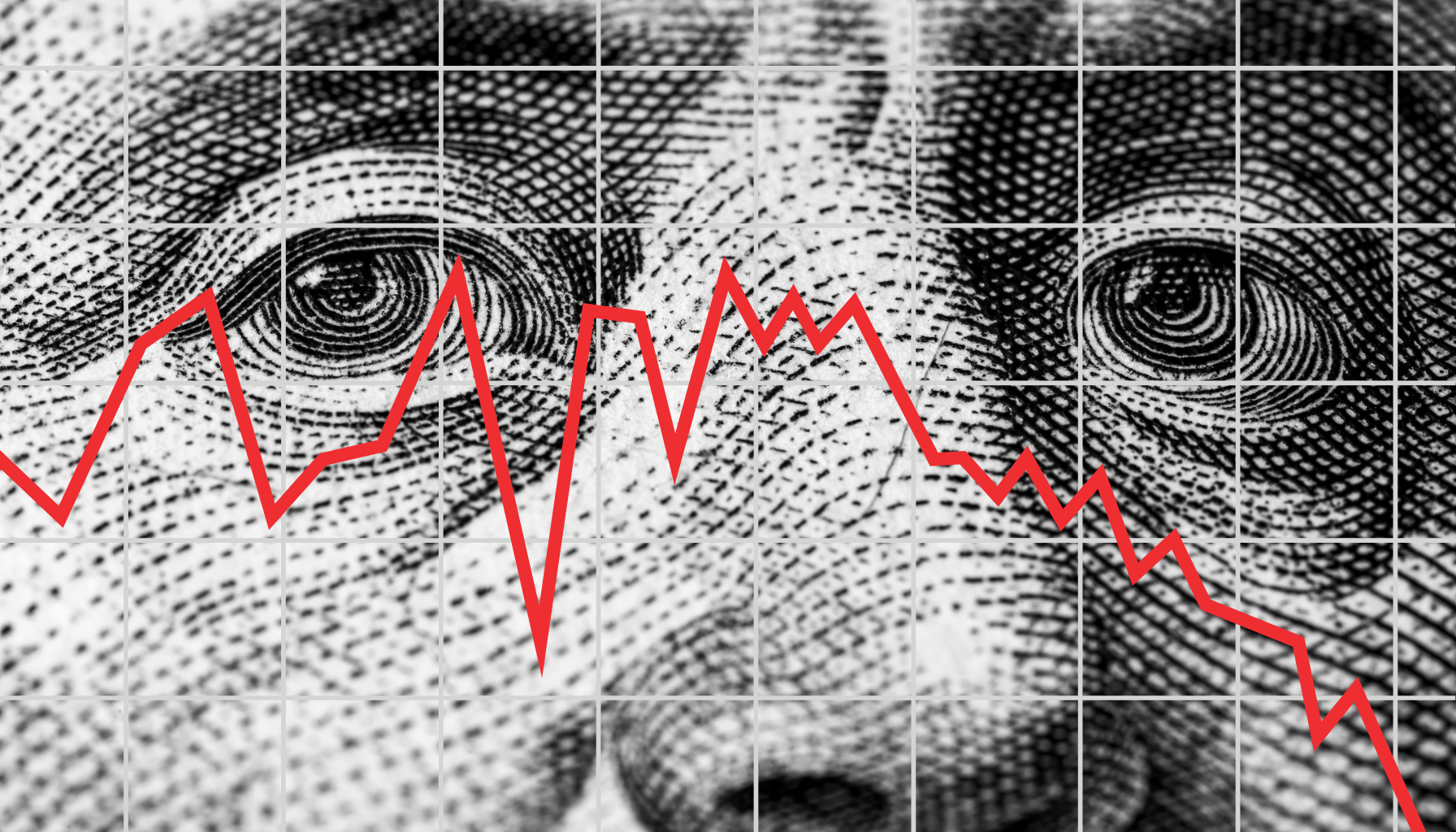
Why Eggs Cost More and Your Cash Buys Less
Remember when you could grab a carton of eggs without doing mental gymnastics at the dairy aisle? Not so long ago, a dozen might set you back $2.99, give or take. Today, the price hovers near $6—maybe more—depending on your zip code. The eggs didn’t change. Chickens aren’t striking for better wages. What did change, then? The value of your dollar. Slowly but surely, inflation’s nibbling away at its strength, though few of us seem to notice.
Imagine pouring water into a bucket riddled with tiny holes. That’s your savings. A $100 bill in your wallet today? By tomorrow, it’s worth a little less. Experts throw around comforting terms like “manageable inflation,” yet reality hits different. Core CPI, the so-called measure of inflation, excludes things we actually rely on—food, gas, and utilities. Why leave out what matters most? Next time you’re staring down the receipt after a grocery run, ask yourself: who exactly finds this manageable?
Here’s a story for you. I had this favorite salami pack: three types, perfectly cut, great for quick snacks. It used to cost $7—reasonable, right? Now it’s $33. Same brand. Same size. No gourmet upgrade. The product didn’t get more valuable; my dollar simply lost its footing. It’s not obvious day-to-day, but over time, it’s hard to ignore.
Bitcoin’s Rollercoaster vs. the Dollar’s Quiet Fall
If you’ve heard about Bitcoin, you’ve probably also heard it’s “too volatile.” Wild price swings make headlines. Yet here’s a thought: volatility isn’t instability. It’s motion. Life itself isn’t a straight line, so why do we expect our money to be one?
The dollar’s problem isn’t volatility—it’s certainty. There’s no cap. The U.S. government can print it endlessly, and lately, they’ve been hitting that print button with enthusiasm. Bitcoin, however, has a ceiling. Only 21 million coins will ever exist. No one can decide to churn out more overnight. That makes Bitcoin scarce, controlled, and in the long run, potentially more stable than cash.
A few years ago, I stashed $5,000 in a savings account. Felt smart. Safe. Today? Those same dollars can’t buy what they did back then. If I’d chosen Bitcoin instead, its wild swings aside, that $5,000 could’ve grown into something meaningful. It’s true Bitcoin’s price jumps. But zoom out, and its trajectory climbs upward. The dollar? That’s more like a marathon runner who never trained—steadily losing ground.
Where This All Leads
What’s happening isn’t just about what you or I save. It’s about what comes next. When people call Bitcoin a “bad investment” because it dropped a few percentage points, they miss the bigger picture. The dollar is in free fall—only slower, sneakier. Look at its purchasing power. Compare it to energy, oil, or even Bitcoin. Bitcoin rises, despite its dips. The dollar erodes, no matter what.
And here’s the twist: Web3.0 is redefining how we think about money. Blockchain technology is eliminating middlemen, decentralizing payments, and cutting the strings held by traditional institutions. Banks siphon wealth through inflation, fees, and invisible fine print. Bitcoin operates differently. It’s not just another asset—it’s becoming a foundation. A shift.
The Wildcard: Could Bitcoin Redefine Reserves?
Imagine this: a bold administration—maybe Trump’s, maybe not—decides to hold Bitcoin as a national reserve. That would turn everything upside down. Bitcoin could replace gold’s role as a finite, unmanipulable store of value. No vaults, no trucks, no guards—just secure digital reserves.
This wouldn’t just chip at the dollar’s dominance. It would be a seismic shake-up. Nations worldwide might adopt Bitcoin as a reserve, accelerating its legitimacy. For individuals? It could become a safety net—a lifeboat in a sinking monetary system.
Time to Rethink What Money Means
Ultimately, this isn’t about Bitcoin versus the dollar. It’s about trust. For decades, we’ve believed government-issued money worked because it did. Until it didn’t. Inflation is eating away at the promise of stability. Your savings, your paycheck, even the cash in your pocket—they’re worth less every year.
Bitcoin isn’t perfect. It’s still growing, adapting. But it represents something revolutionary: a borderless, finite, and decentralized alternative. Unlike the dollar, Bitcoin doesn’t fade—it flexes.
So next time you hold a $20 bill, consider this: what is it really worth? Is it solid, or just a crumbling promise? The dollar, for all its history, feels more like an old cassette tape—functional, but outdated. Meanwhile, Bitcoin feels like the future: nimble, resilient, and ready to change how we think about money.
And those eggs? They’re not dropping back to $2.99 anytime soon. But with Bitcoin, at least your savings won’t end up scrambled.
Disclaimer:
This article is for informational purposes only and does not constitute financial, legal, or professional advice. The information provided is based on current knowledge and understanding, and while we strive for accuracy, we make no guarantees regarding its completeness or applicability. Parler assumes no responsibility for any actions taken based on this information. For specific advice, please consult a qualified professional.
